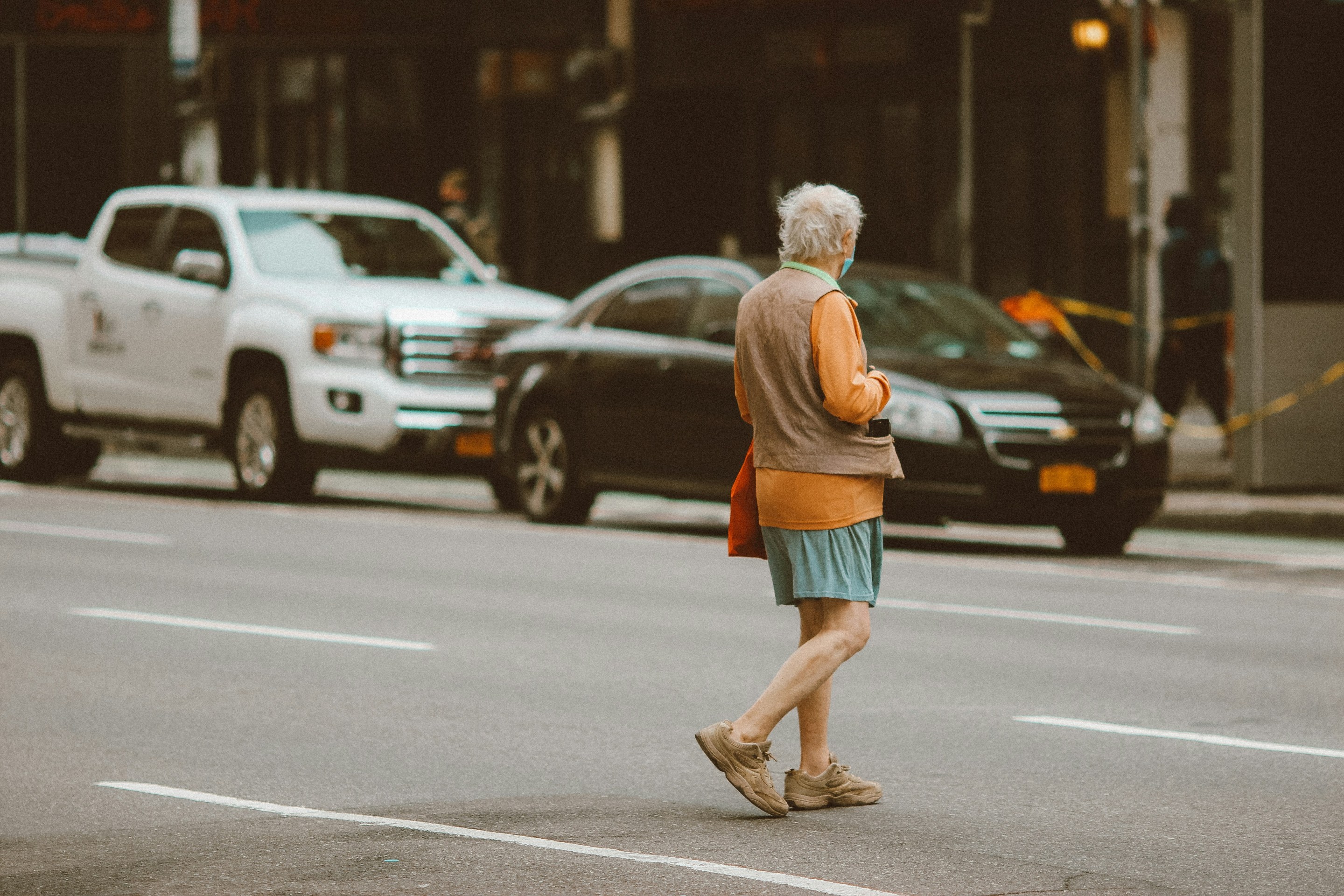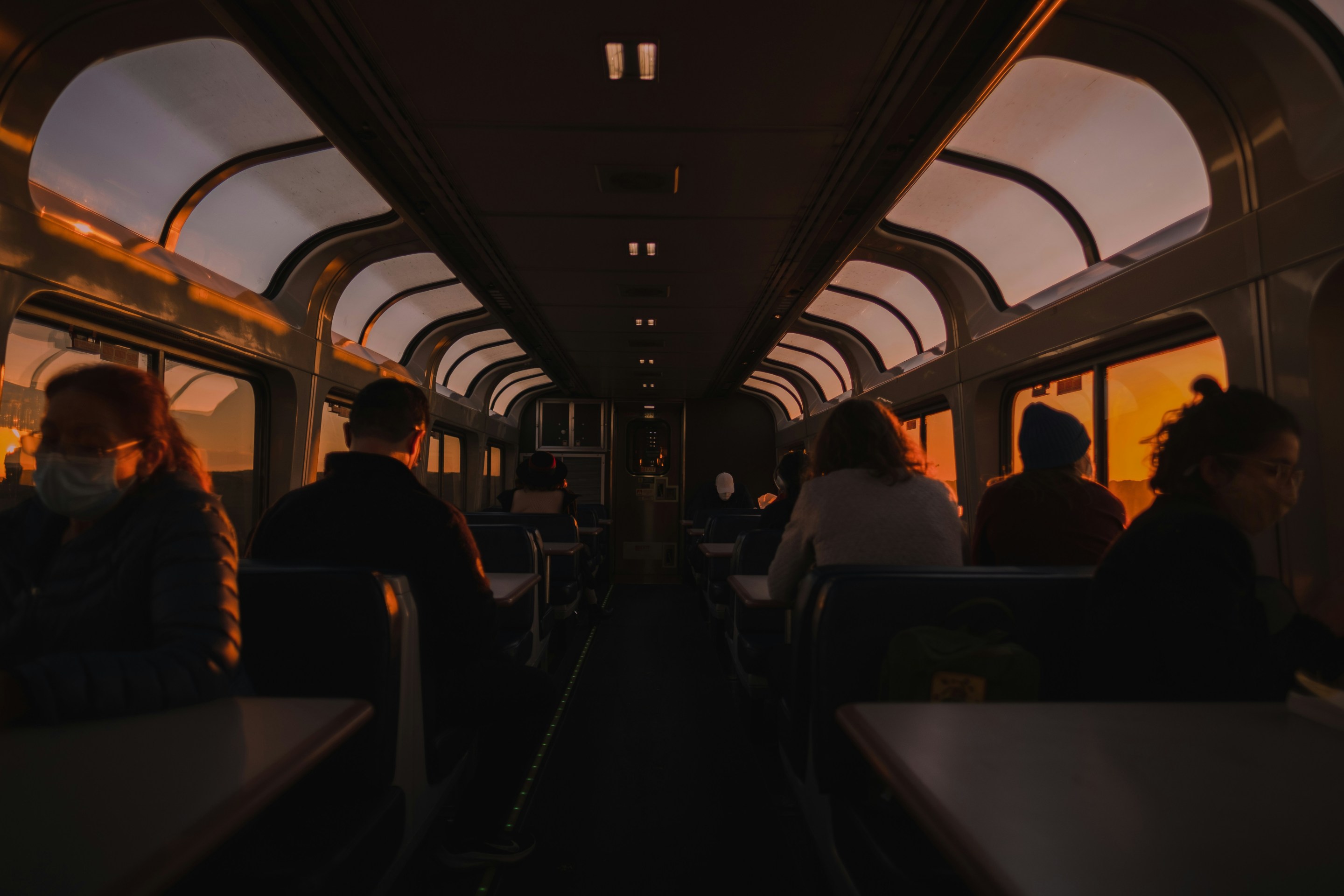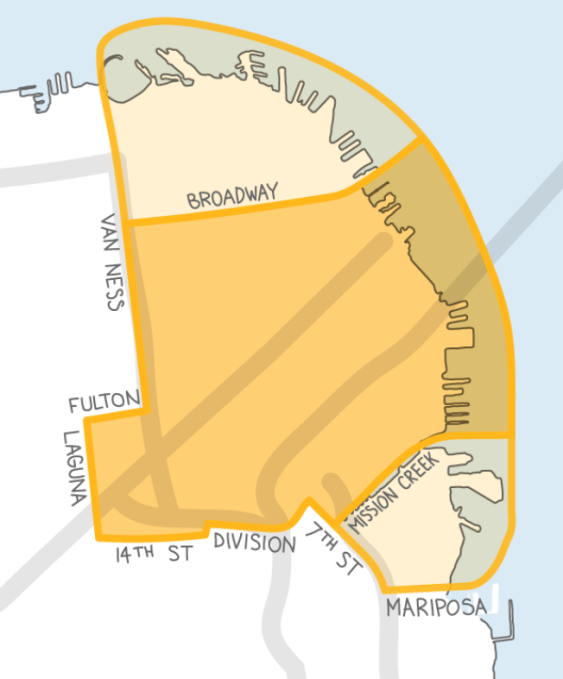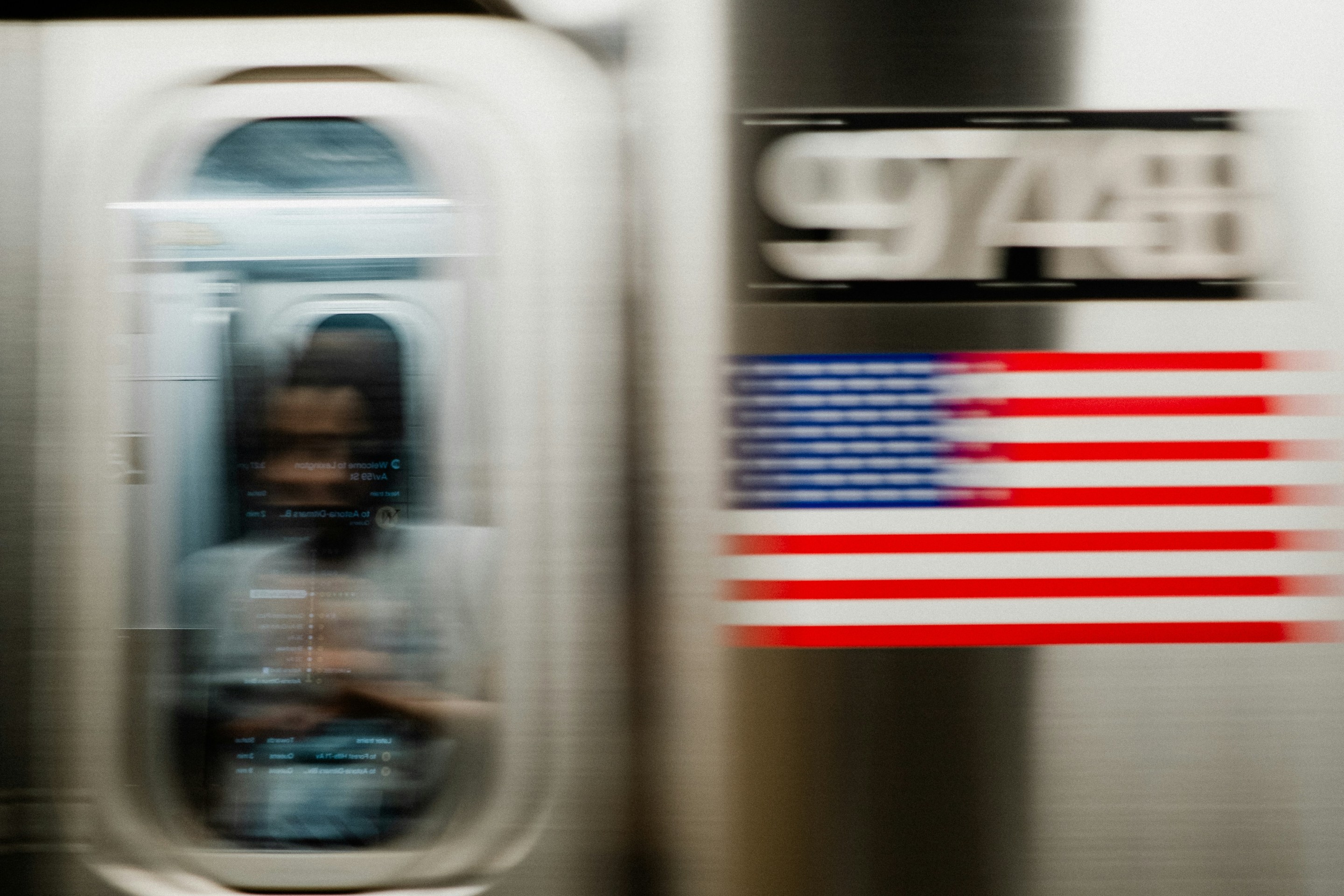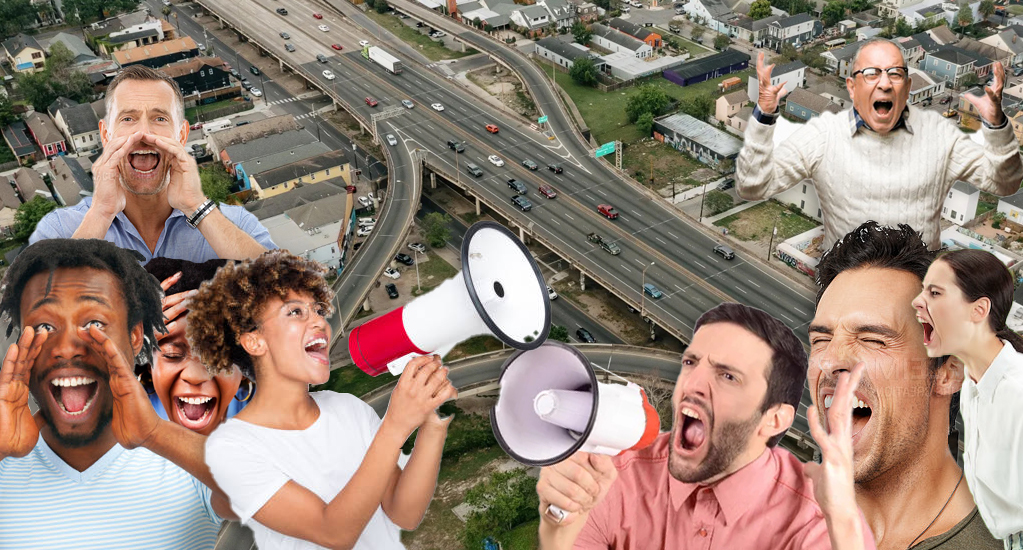A recent survey of Washington's Capital Bikeshare members found that the average annual subscriber drove 198 fewer miles per year. That added up to about 4.4 million fewer miles of driving annually in the DC region. Members also saved an average of $800 a year per person.
At about the same time the survey was released, the Washington Post ran a story about the successes and limitations of CaBi, and David Alpert at Greater Greater Washington posted some observations in response. He points out that the benefits of bike-share are not limited to the trips people make using the system --it also leads people to ride their own bikes more frequently:
I personally started biking a lot more often around DC once Capital Bikeshare launched, since it provided an easy way to take a spontaneous or one-way trip and not have to feel forced to then bike home. In later years, while I've kept my membership (it's still cheap and useful on occasion), I hardly use it. Instead, I use my own bike.
I'm not the only one. Chris Eatough, Arlington's bicycle program manager, says that according to a survey of Capital Bikeshare users last year, "82% of respondents reported increased use [of their personal bikes] since joining Capital Bikeshare, and 70% said that Capital Bikeshare was an important reason."
Bikeshare serves as an introduction to bicycling for many people. That's why it's a shame that Simon Pak, who manages The Bike Rack at 14th and Q, had more critical words for bikeshare riders. "Since Capital Bikeshare started, any incident [I've witnessed] in bike-to-bike collisions have been with Capital Bikeshare riders. They're the most inexperienced riders emulating more experienced riders," he told Ravindrath.
Though Pak also says 1 in 10 of his customers are looking to move from Capital Bikeshare's heavy bikes to a lighter and faster personal bike. It sounds like bikeshare is a great source of potential business for bike shops.
Elsewhere on the Network today: T4America writes that the I-5 bridge that collapsed into the Skagit River yesterday was, surprisingly, not rated "structurally deficient" by Washington DOT. Strong Towns says regulatory barriers are preventing developers from pursuing the kind of walkable projects that are the most beneficial to them, as well as the general public. And the Black Urbanist considers how best to combine design and social justice in placemaking.

